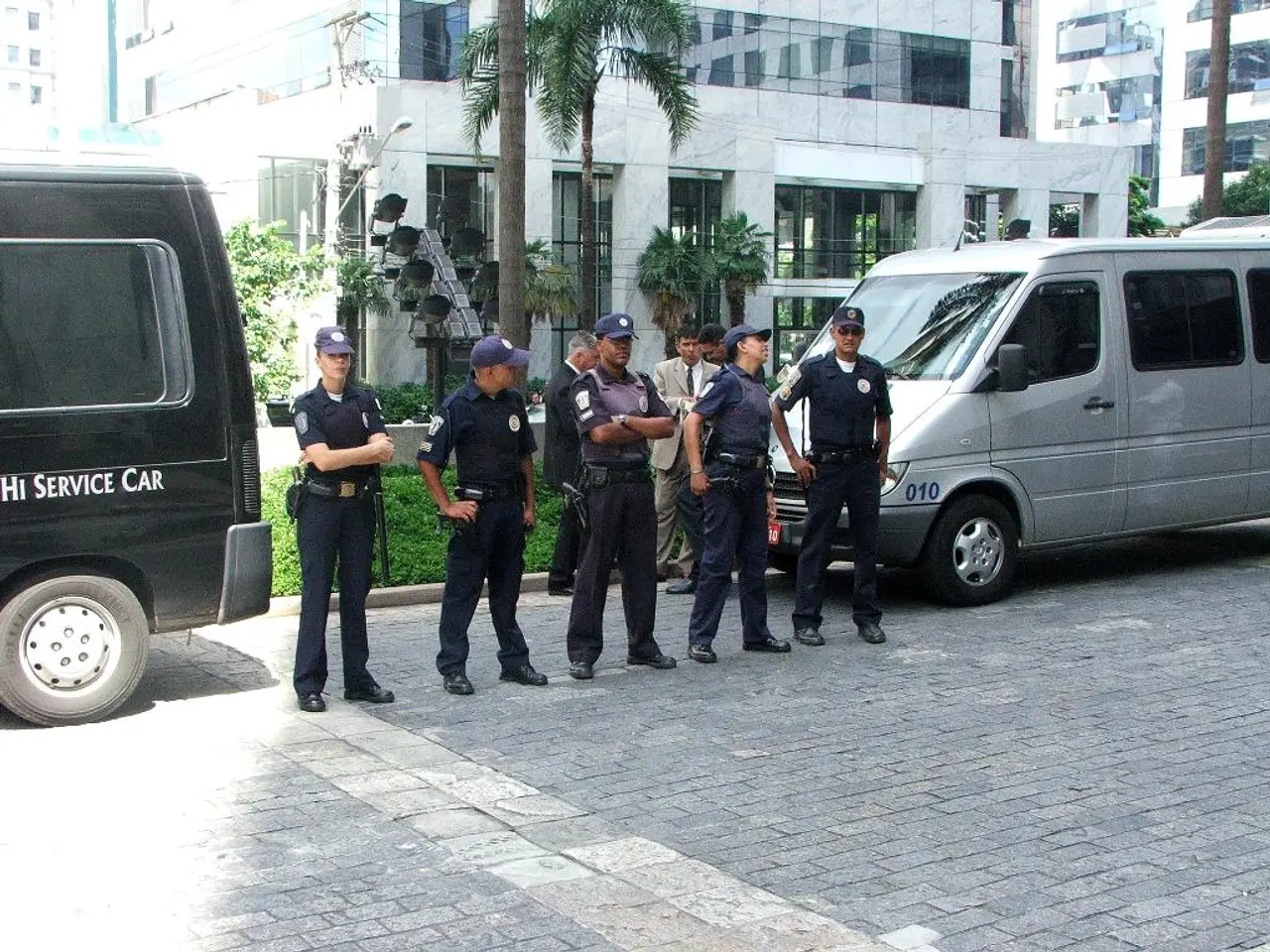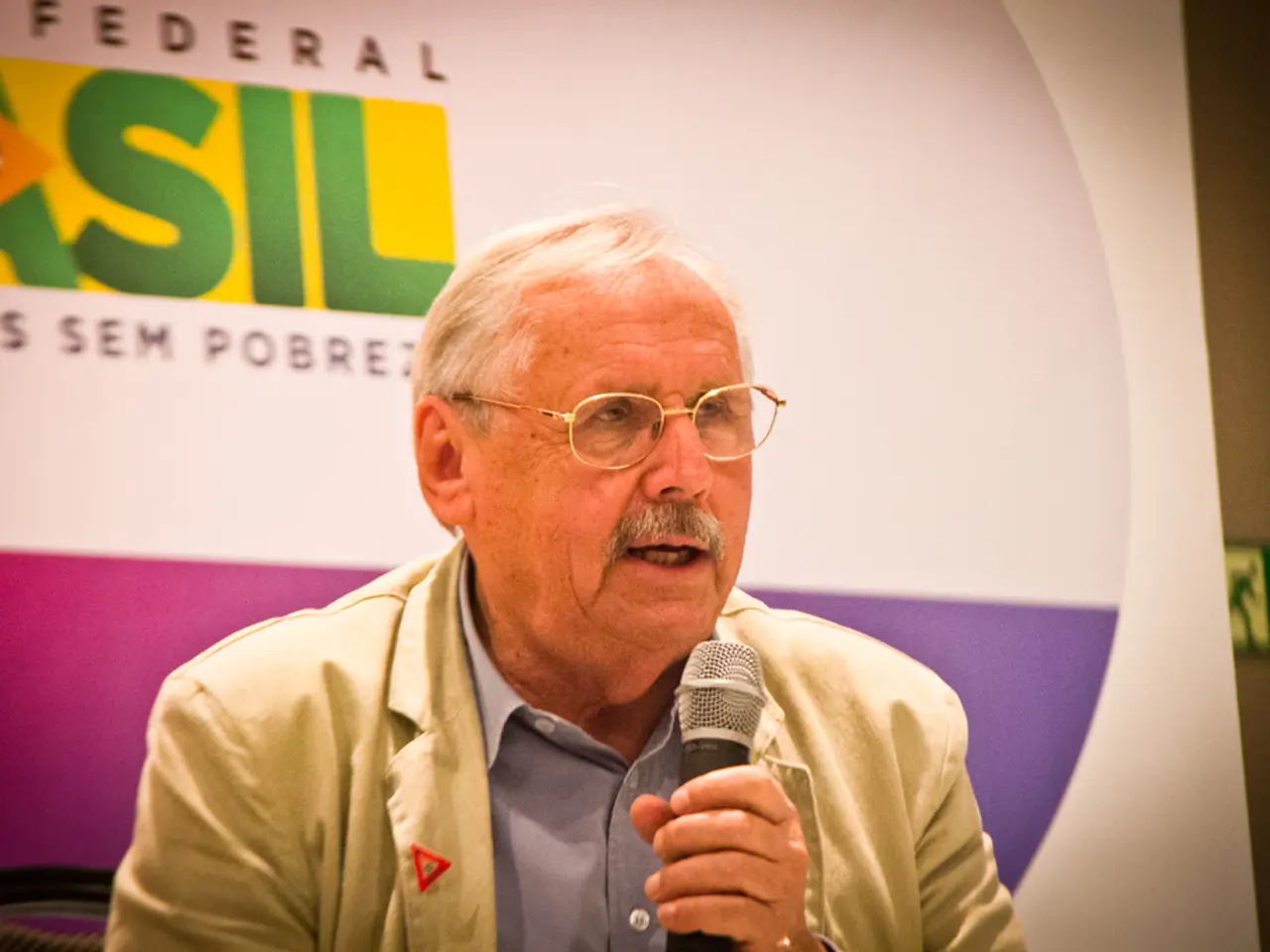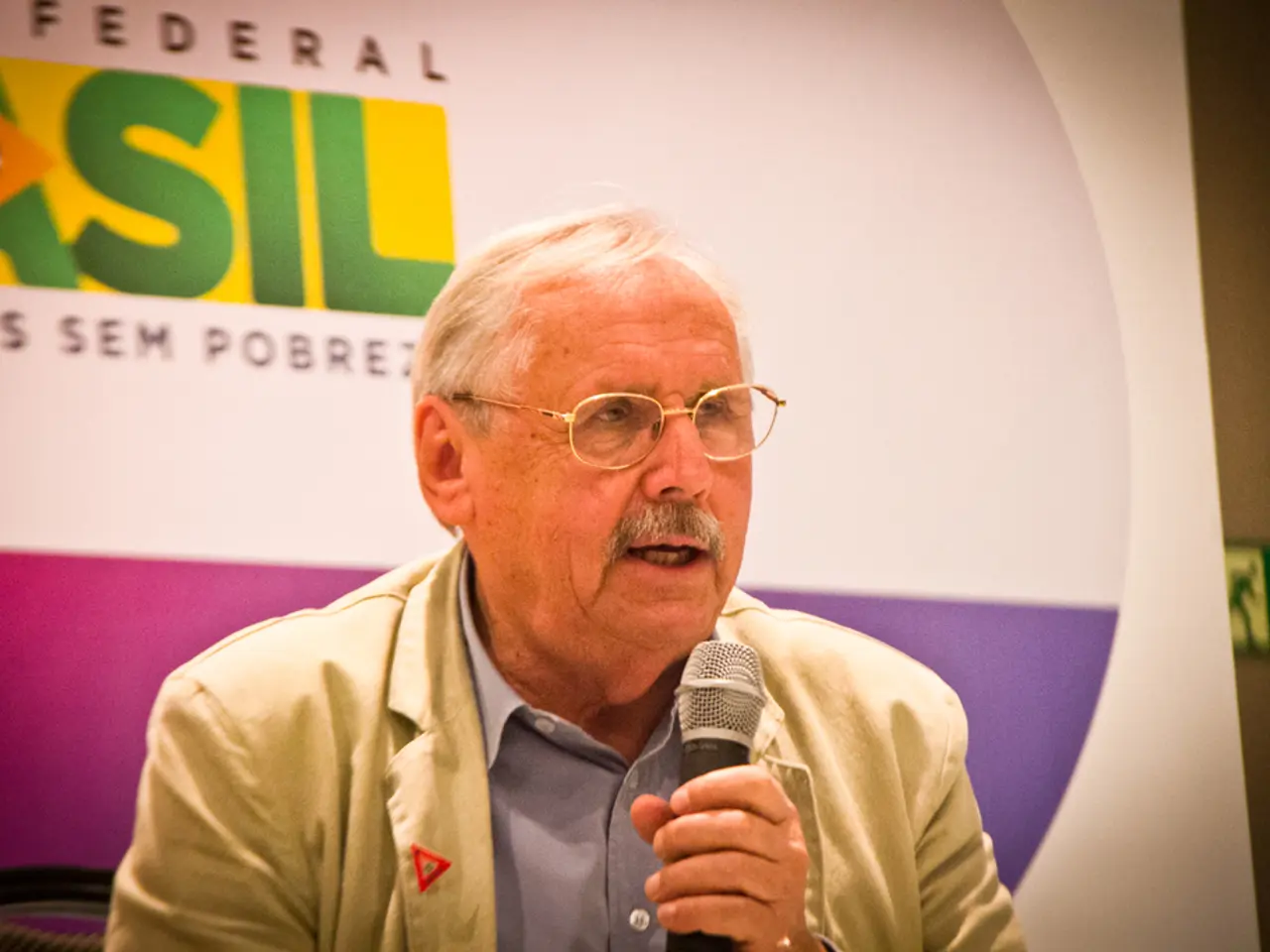Dutch Authorities Reject Stricter Immigration Regulations - Dutch authorities opt against more stringent refugee policies
The Dutch Police have voiced their opposition to a proposed tightening of the country's asylum laws, expressing concerns over the potential criminalization of humanitarian aid, erosion of public trust, and broader impacts on the rule of law and security in the Netherlands.
The contentious legislation, which passed through Dutch lawmakers, includes measures such as shortening temporary asylum permits from five to three years, halting new asylum permits indefinitely, and restricting family reunification. A controversial last-minute amendment criminalizes individuals and organizations that help undocumented migrants, as well as those residing without valid visas or asylum rulings.
This clause has prompted backlash and led the Christian Democrats to withdraw their support for the bill. The Dutch Police's opposition likely stems from worries that criminalizing aid could undermine public trust and cooperation with law enforcement, as well as hamper efforts to protect vulnerable groups. Penalizing those providing support risks alienating civil society actors who play a crucial role in integration and social stability.
If enacted, the new law would make it illegal to reside in the Netherlands without valid papers and providing help to people without papers. However, the Dutch Police believes that enforcing these rules would lead to social unrest and harm the country's security. The erosion of trust between communities and authorities could make it harder for police to detect and prevent crimes or radicalization.
The potential consequences for the Netherlands’ security and rule of law include legal and ethical challenges, social polarization, and strain on law enforcement resources. The law may face challenges balancing state security against human rights obligations, risking judicial disputes and possible infringements of asylum rights. The harsh measures may increase tensions and opposition within society, potentially destabilizing social cohesion. Enforcing the criminalization of aid providers may divert police focus from more serious security threats.
The Dutch Police stands for the values of the rule of law, including security, equality, and human dignity. The Police Chief Janny Knol emphasized that anyone who needs help and protection can count on the Dutch police. The Dutch Police wants to help those in need, not hunt them down.
The tightening of the asylum law makes it much harder to seek asylum in the Netherlands and bring in family members. The initiator of the tightening was the radical-right populist Geert Wilders. The package of laws is expected to be dealt with in the First Chamber of Parliament in the fall, where its outcome remains uncertain. The First Chamber of Parliament, comparable to the Bundesrat, will decide on the fate of the asylum law tightening.
The Dutch asylum law tightening may face a similar decision-making process as the Bundesrat, where it is uncertain whether the laws will receive a majority. If passed, the new laws could have significant implications for the Netherlands' security, rule of law, and humanitarian principles. The situation remains dynamic as the public debate continues.
- Despite the passage of the controversial legislation in Dutch lawmakers, the Dutch Police's opposition to the tightening of the asylum laws is centralized around concerns that the criminalization of humanitarian aid could harm public trust, cooperation with law enforcement, and social stability.
- The Dutch Police's stance on the asylum law tightening, which involves measures like criminalizing aid providers, aligns with their commitment to the rule of law, security, equality, and human dignity, as they aim to help those in need rather than hunt them down.








